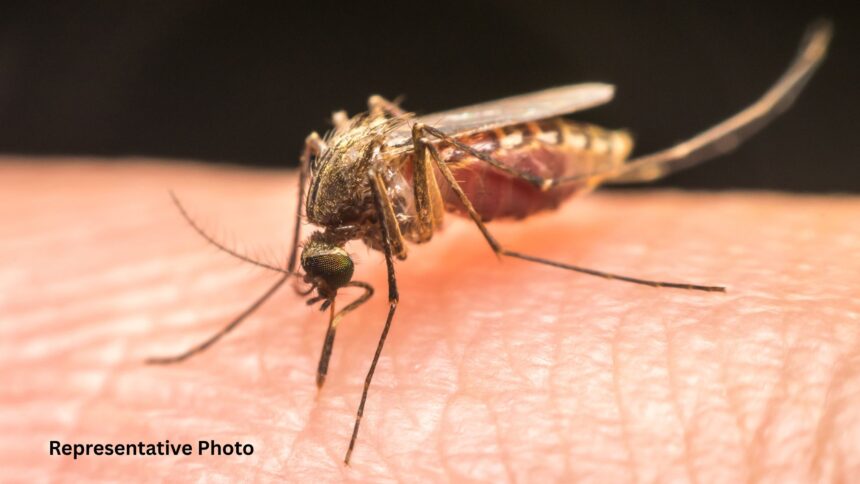NewzVille Exclusive
A parasite that causes malaria when transmitted through a mosquito bite can hide from the body’s immune system, sometimes for years. Researchers at Weill Cornell Medicine have discovered this. It turns out that the parasite, Plasmodium falciparum, can shut down a key set of genes, rendering itself “immunologically invisible.”
“This finding provides another piece of the puzzle as to why malaria has been so difficult to eradicate,” said Francesca Florini, research associate in microbiology and immunology at Weill Cornell Medicine who co-led the study.
As per the data, Malaria infects 300 million to 500 million people yearly, and nearly 600,000 die globally, due to the severe infection.
The preclinical results, published in Nature Biology reveal that in regions where malaria is endemic, asymptomatic adults likely harbor undetectable parasites which mosquitoes may pick up and transfer to the next person they bite.
Professor of microbiology and immunology at Weill Cornell Medicine, Kirk Deistch says,“These findings suggest that we need to consider asymptomatic adults who can carry potentially transmissible parasites – which means eliminating malaria from any geographical region is going to be more complicated than anticipated.”
Once inside the human body, the parasite enters red blood cells to replicate – but it must avoid alerting the immune system or being removed by the spleen, which filters out defective blood cells.
Its solution to escaping these potential perils hinges on a suite of about 60 genes called var; each var gene encodes a protein that can insert itself onto the surface of red blood cells.
A chronic malaria infection can persist for a decade or more. Deitsch plans to conduct fieldwork in West Africa to locate these hidden anatomical reservoirs. Finding them – and learning how malaria parasites exploit this newly discovered mechanism for escaping elimination – could provide novel strategies for addressing the problem of chronic malaria infections.
(Inputs from Cornell Chronicle)





